FAQs on Period Poverty, Diaper Need, & Hygiene Poverty
What hygiene products can not be purchased with SNAP and WIC benefits?
- All-Purpose Cleaner
- Antibacterial
- Spray/Antibacterial
- Wipes
- Antibiotic Ointment
- Bandages
- Bleach
- Brush
- Comb
- Cotton Pads
- Cotton Swabs
- Deodorant
- Diapers
- Dish Soap
- Facial Tissues
- Hair Products
- Household Cleaning
- Products (i.e., All-Purpose Cleaner, etc.)
- Household Cleaning Tools (i.e., toilet brush, mop, broom, dustpan, etc.)
- Laundry Detergent
- Lip Balm
- Lotion
- Make-Up
- Pads
- Paper Towels
- Razors
- Shampoo
- Shaving Cream
- Soap
- Sponge
- Stain Remover
- Sunscreen
- Tampons
- Thermometer
- Toilet Paper
- Toothbrush
- Toothpaste
- Trash Bags
- Underwear Liners
- Wipes
How does Hygiene Poverty Impact Education & Employment?
- Social Acceptance and Professional Success: Poor personal hygiene can lead to social stigma and discrimination, limiting a person’s opportunities to secure employment or be accepted in school settings.
- Respect and Relationship Building: Maintaining good hygiene demonstrates respect for oneself and others, which is essential for building strong personal and professional relationships.
- Attendance and Productivity: Effective hygiene practices, such as regular handwashing, reduce the risk of illness, leading to improved attendance and higher productivity in educational and work environments.
- Job Security: In industries with strict health and safety regulations, poor hygiene can result in disciplinary actions or even job termination.
- Performance and Health: Regular hygiene habits, like showering and brushing teeth, support physical and mental well-being, contributing to better performance in school and work.
What is Hygiene Impact on Mental Health?
- Boosts Mental Well-Being: Maintaining good personal hygiene promotes a sense of cleanliness and well-being, positively affecting mental health.
- Improves Self-Esteem: Feeling clean and well-groomed boosts self-confidence and self-esteem.
- Prevents Low Confidence: Poor hygiene can lead to diminished self-confidence and decreased performance in educational and professional settings.
- Strengthens Relationships: Good hygiene facilitates positive interactions, making it easier to build and maintain relationships with peers and colleagues.
How Does Hygiene Poverty Impact Physical Health?
- Prevention of Disease Spread: Good hygiene practices help prevent the spread of infectious diseases, reducing absenteeism in schools and workplaces.
- Oral Health Maintenance: Regular brushing and flossing prevent cavities, gum disease, and bad breath.
- Skin Health: Consistent bathing and cleansing of the skin help prevent infections, rashes, and other skin-related issues.
- Grooming and Infestation Prevention: Regular grooming and bathing prevent infestations from lice, fleas, and other pests.
- Body Odor Control: Routine bathing and the use of deodorants help manage and prevent body odor.
What Health Issues and Negative Effects are a Result of a Lack of Access to Hygiene Products?
Hygiene-Related Diseases (According to the CDC):
- Tooth Decay
- Gum Disease
- Cavities
- Bad Breath
- Head Lice
- Athlete’s Foot
- Various skin infections, including scabies and ringworm
What is the Social and Emotional Impact of Hygiene Poverty?
Poor hygiene can lead to social isolation and emotional distress due to stigma and discrimination.
What Health Conditions Can Be Indicated When There is Poor Hygiene?
- Alzheimer’s Disease
- Dementia
- Depression
Maintaining access to essential hygiene products is critical to preventing these health issues and supporting the overall well-being of individuals in both personal and professional settings.
What is the difference between hygiene and cleanliness?
“Hygiene refers to behaviors that can improve cleanliness and lead to good health, such as frequent handwashing, facial cleanliness, and bathing with soap and water.” – Center for Disease Control and Prevention
What does a Diaper Bank do?
To best understand what a Diaper Bank does, please visit The National Diaper Bank Network (NDBN.)
A diaper bank is an agency that collects and distributes diapers and wipes to families in need. A National Diaper Bank Network (NDBN) is a collective of all the diverse grassroots local organizations across the county that are actively working in their communities to seek diaper donations and help families and partner agencies.
Explore Further Resources

Are You There G-d? It’s Me Margaret by Judy Blume
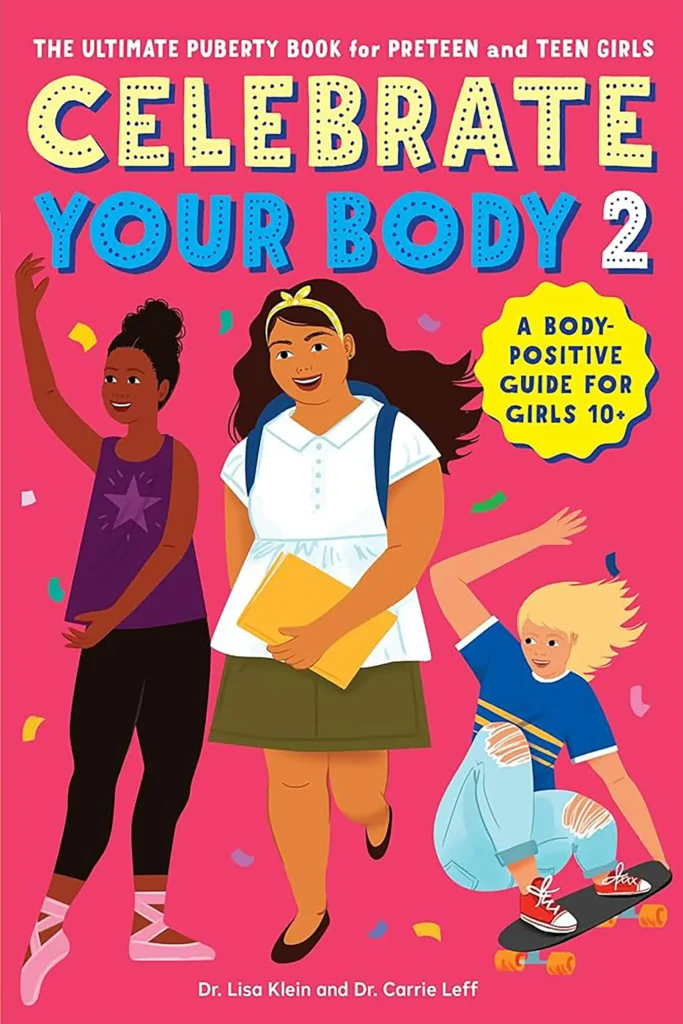
Celebrate Your Body 2: The Ultimate Puberty Book for Preteen and Teen Girls by Dr. Lisa Klein & Dr. Carrie Leff
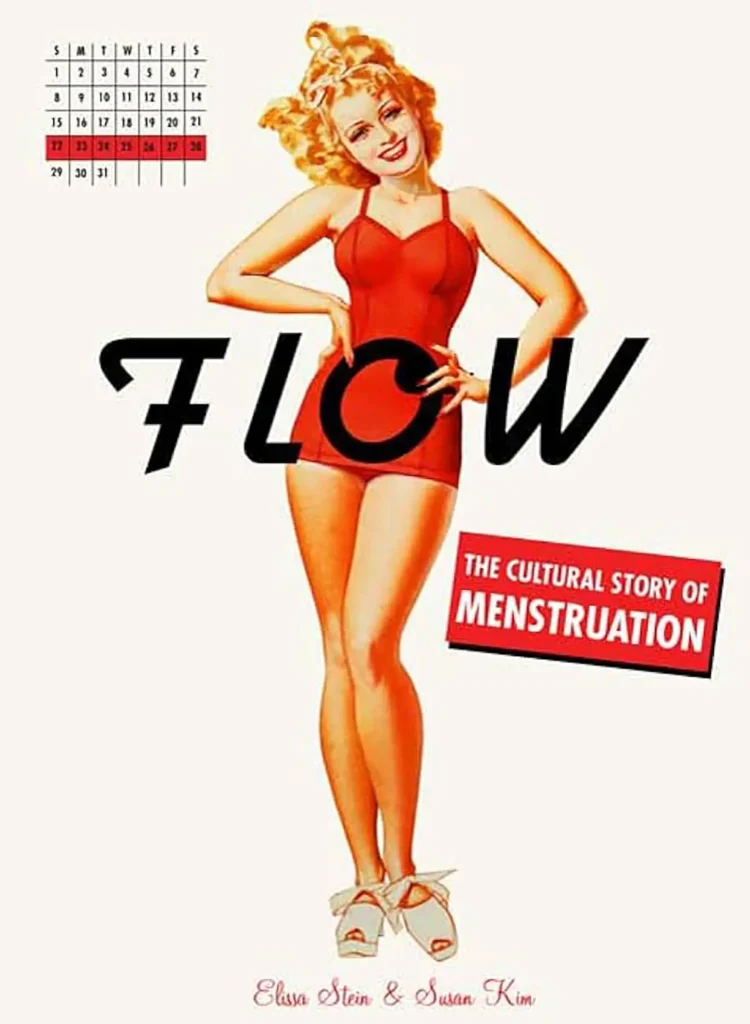
Flow: The Cultural Story of Menstruation by Elissa Stein and Susan Kim
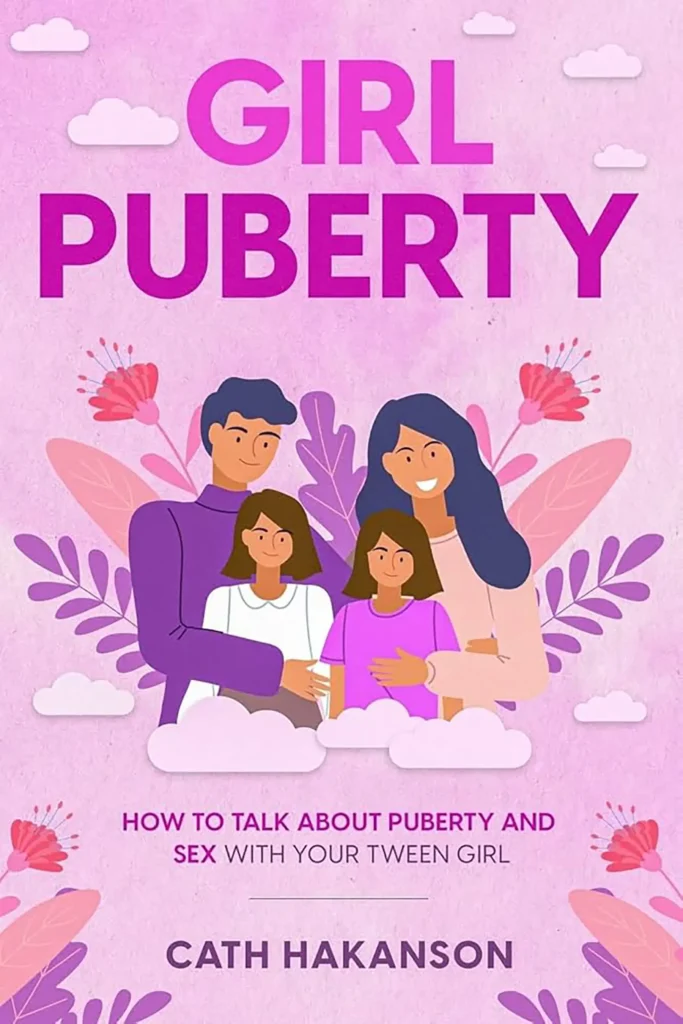
Girl Puberty: How to Talk about Puberty and Sex with your Tween Girl by Cath Hankanson
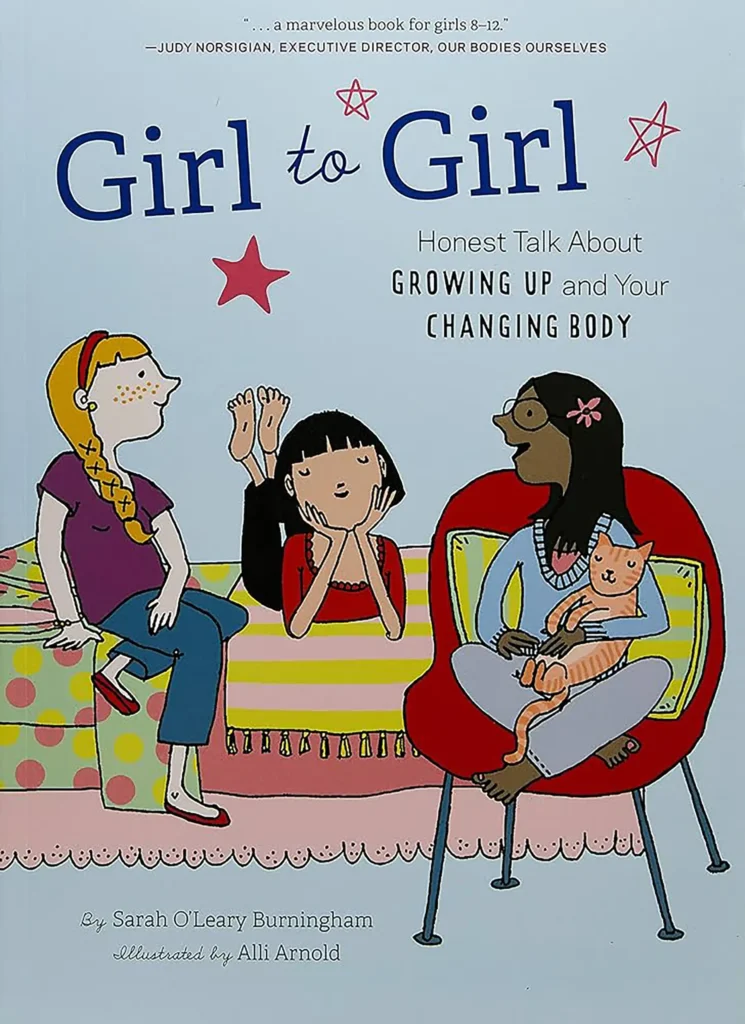
Girl to Girl: Honest Talk about Growing Up and Your Changing Body by Sarah O’Leary Burningham

It’s Only Blood: Shattering the Taboo of Menstruation by Anna Dahlqvist
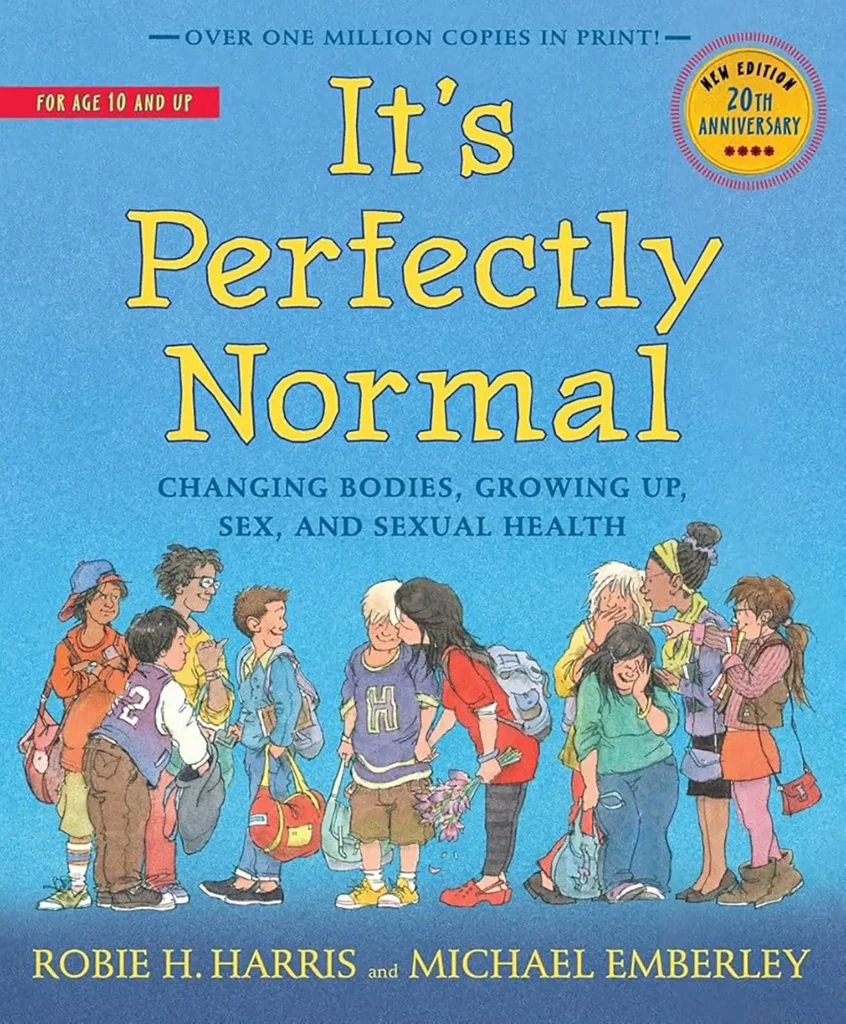
It’s Perfectly Normal: Changing Bodies, Growing Up, Sex and Sexual Health by Robie H Harris and Michael Emberley
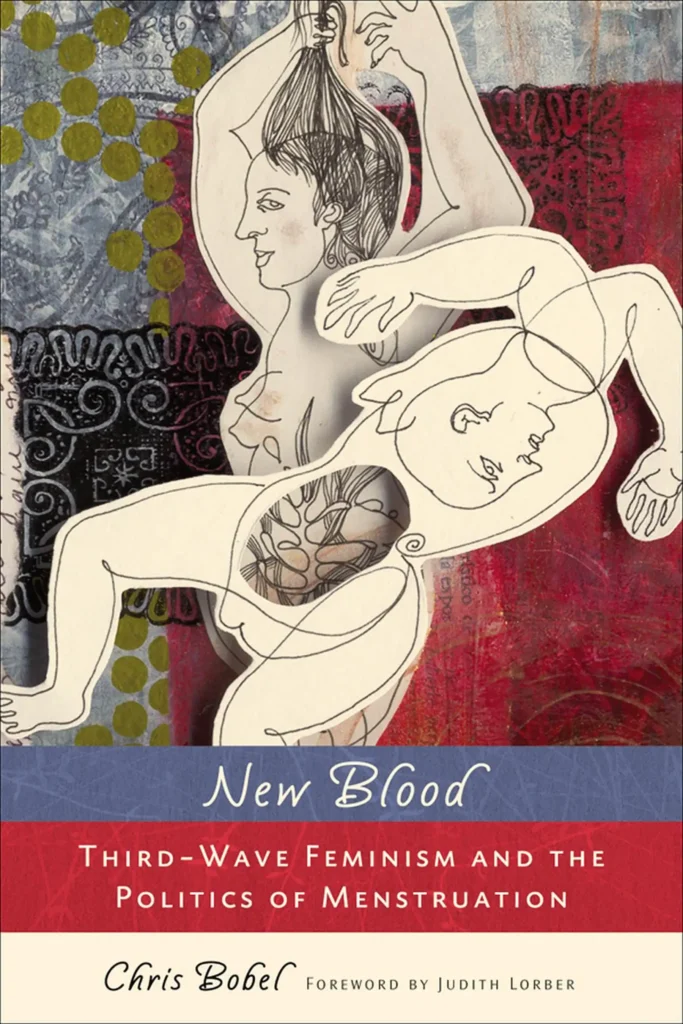
New Blood: Third-Wave Feminism and the Politics of Menstruation by Chris Babal
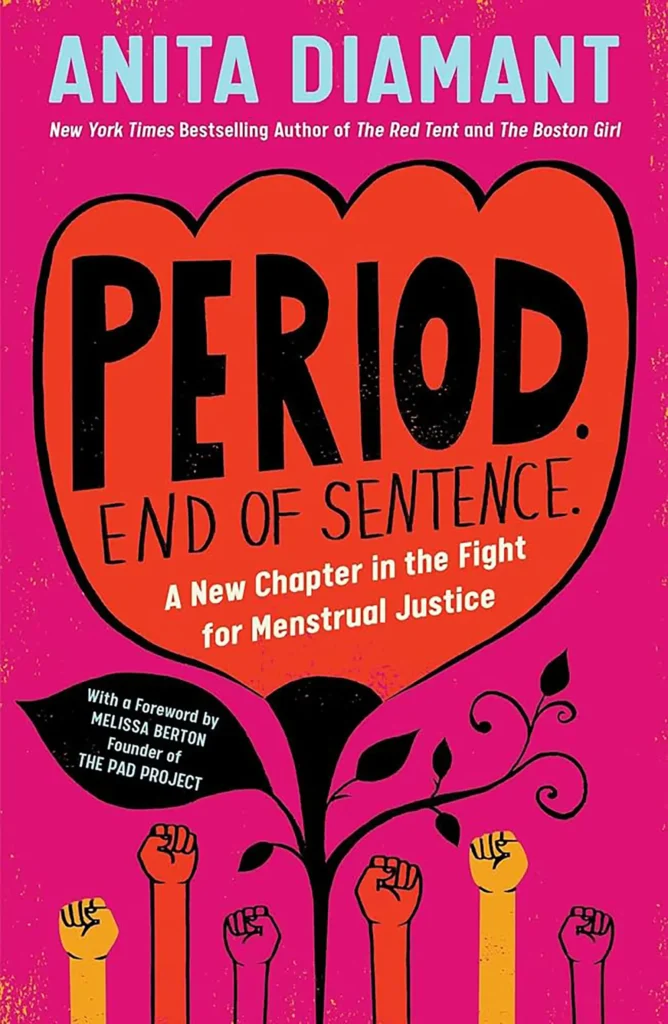
Period, End of Sentence by Anita Diamant
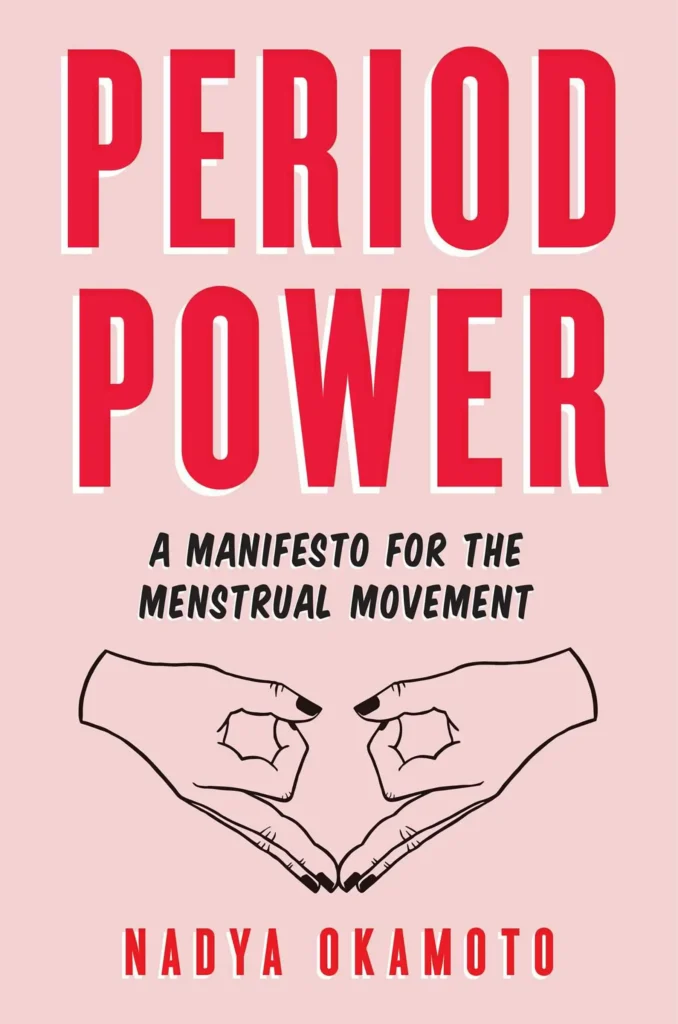
Period Power: A Manifesto for the Menstrual Movement by Nadya Okamoto
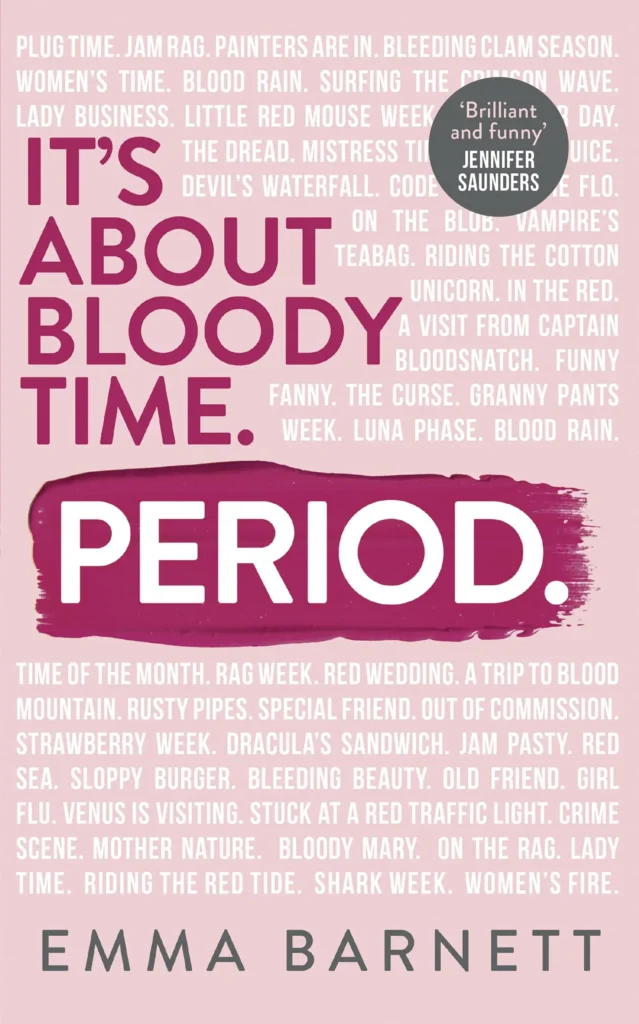
Period. It’s About Bloody Time by Emma Barnett
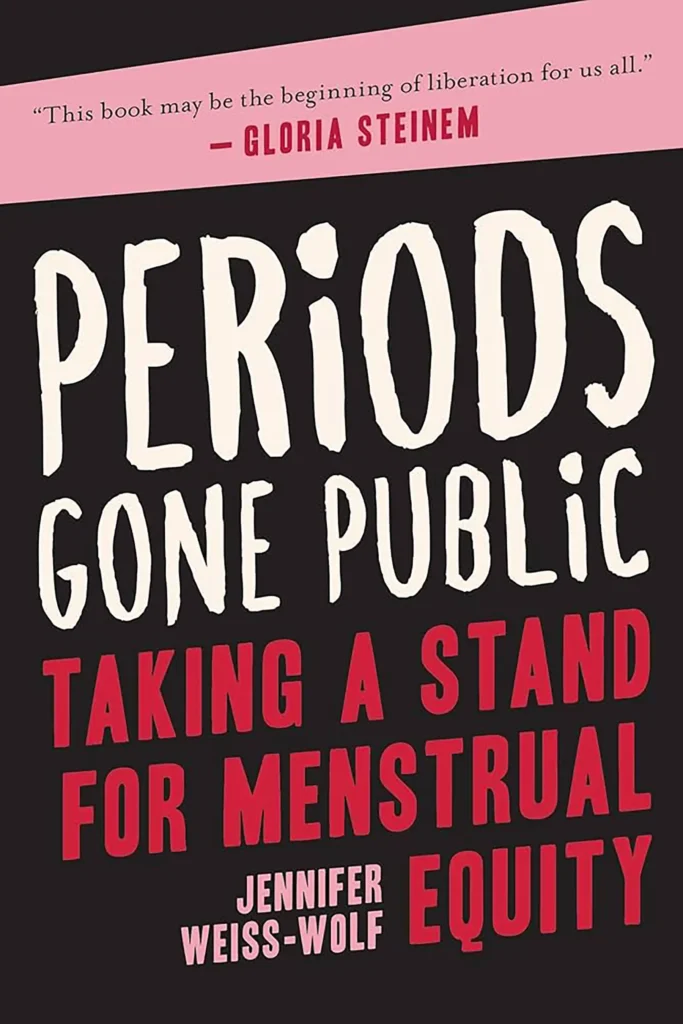
Periods Gone Public: Taking a Stand For Menstrual Equity by Jennifer Weiss-Wolf
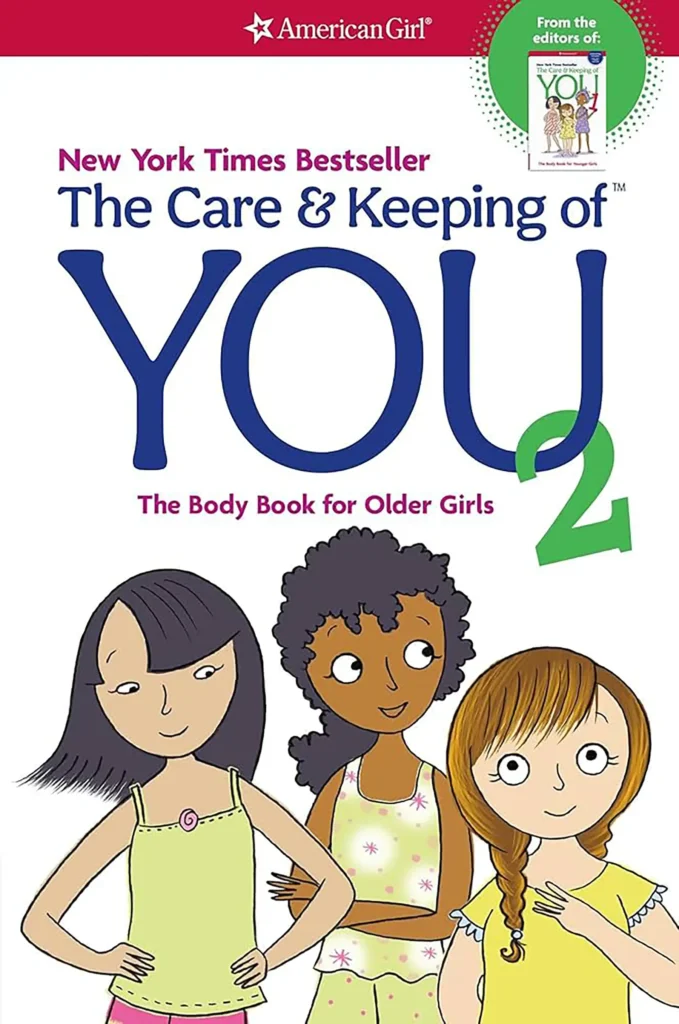
The Care & Keeping of You. The Body Book for Older Girls 2 by Dr. Cara Natterson
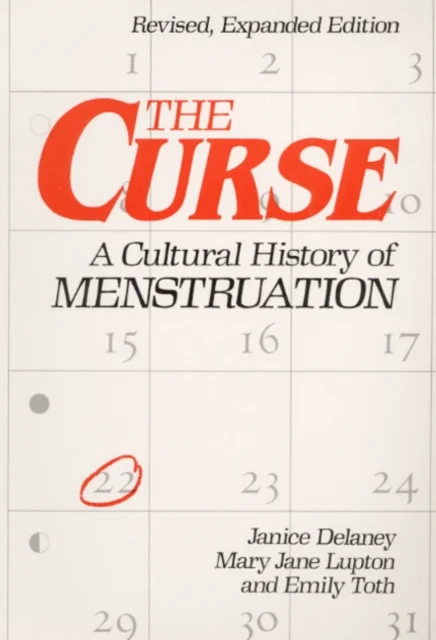
The Curse: A Cultural History of Menstruation by Janice Delaney
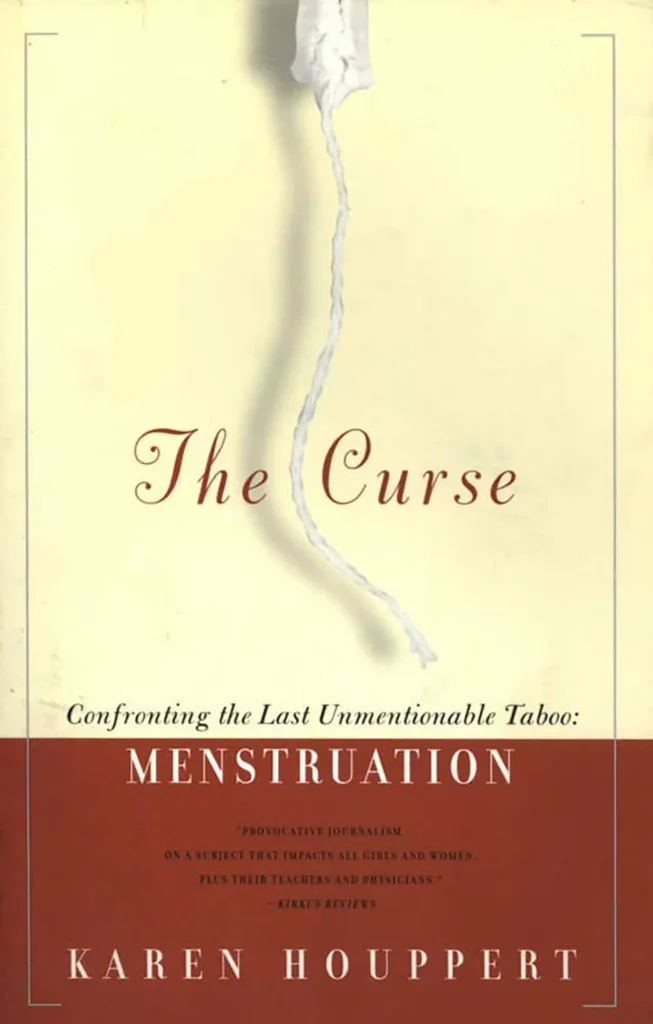
The Curse: Confronting the Last Unmentionable Taboo: Menstruation by Karen Houppert

The Period Book. A Girls Guide to Growing Up by Karen Gravelle
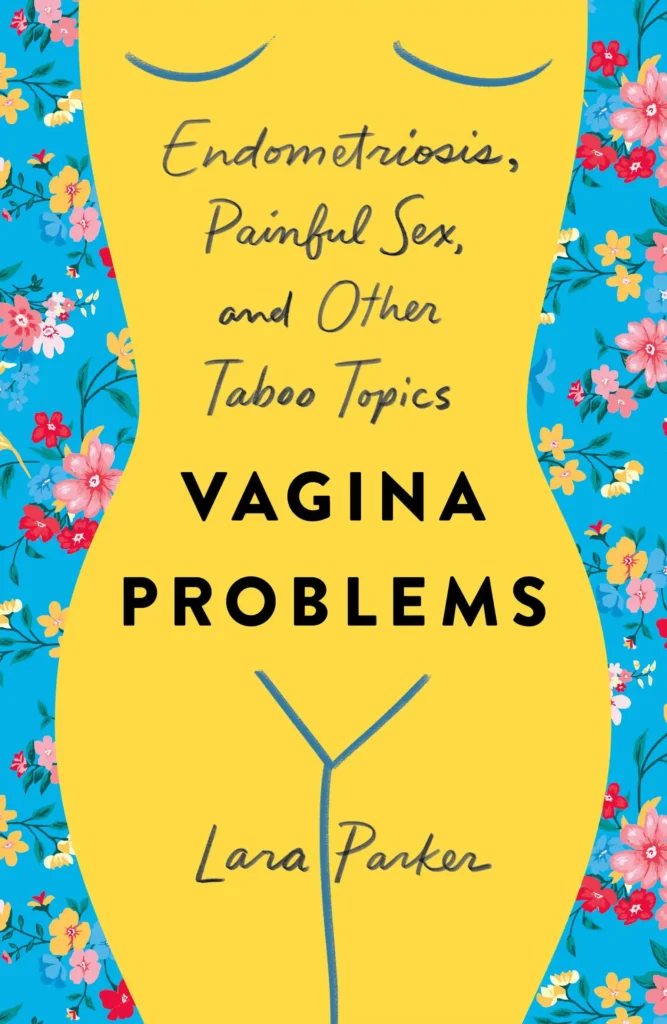
Vagina Problems: Endometriosis, Painful Sex and Other Taboo Topics by Lara Parker
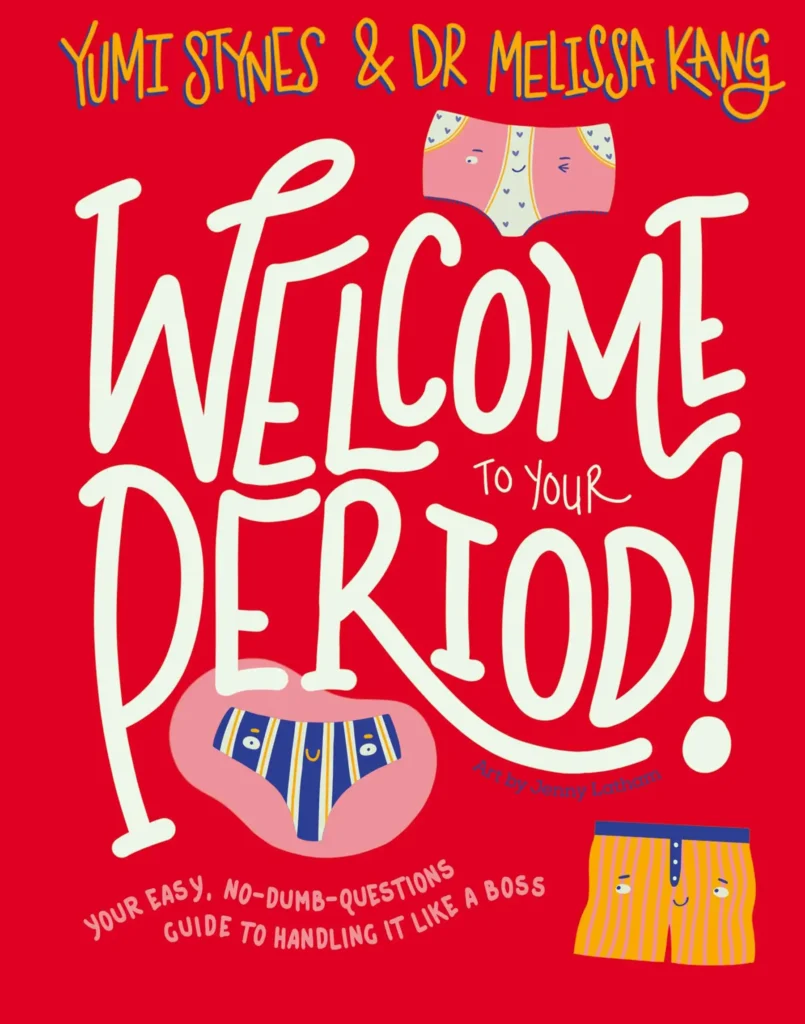
Welcome to your Period! by Yumi Stynes & Dr. Melissa Kang
